Overview
This blog provides a comprehensive guide on pocket knife laws, highlighting the importance of understanding regulations that vary by state and local jurisdictions. It covers definitions, permitted and restricted states, best practices for carrying pocket knives, and what to do if stopped by law enforcement. Emphasizing safety and compliance, it encourages educating others about pocket knife laws to foster responsible use.
Frequently Asked Questions
1. What are pocket knives used for?
2. Do pocket knife laws vary by location?
3. What are some states with lenient regulations on pocket knives?
4. What should I do if I am stopped by law enforcement while carrying a pocket knife?
5. How can I ensure I am carrying my pocket knife legally?
Pocket knives are versatile tools that can serve various purposes, from outdoor survival to everyday tasks. However, before you carry one, it’s essential to understand the laws surrounding them. In this comprehensive guide, we’ll explore pocket knife laws, helping you ensure compliance while enjoying the functionality of these handy tools.
Understanding Pocket Knife Regulations
Pocket knives come in various shapes and sizes, and the laws governing them are not universal. These laws may differ vastly between states, cities, and even within different jurisdictions. Violating these laws could lead to serious legal issues, so it’s crucial to be informed. Below, we break down the key factors that differentiate where you can carry pocket knives.
Defining a Pocket Knife
Before delving into specific regulations, it is essential to clarify what constitutes a pocket knife. A pocket knife typically features a folding blade that fits comfortably in your pocket. These knives are not only practical for daily use but also lightweight and portable. However, definitions can vary; thus, some laws might categorize pocket knives differently based on blade length, locking mechanisms, and other features.
State Laws on Pocket Knives
The United States is diverse, and so are its laws regarding pocket knives. Here’s a breakdown of how regulations can vary from one state to another:
Permitted States
Several states have lenient regulations regarding pocket knives. In these regions, you can generally carry a pocket knife openly or concealed without facing legal repercussions. States such as:
- Texas
- Florida
- Alaska
These states often permit blades of varying lengths, making it easier for enthusiasts to carry their favorite pocket tools.
Restricted States
On the flip side, some states impose stringent restrictions on pocket knives. States like:
- California
- New York
- New Jersey
These areas may prohibit carrying knives with blades longer than a specific measurement (often around 3 inches) or have strict regulations on locking mechanisms or types of blades. Always check local laws, as some cities may have their own regulations that further restrict pocket knife carrying.
Understanding Local Ordinances
In addition to state laws, many cities and counties have their own ordinances that dictate how and where you can carry pocket knives. For example, some urban areas may have stricter guidelines due to their population density or safety concerns. Always consult local laws to ensure you're not inadvertently breaking an ordinance.
Federal Regulations
On a federal level, regulations concerning pocket knives are less stringent. However, certain regulations apply to specific places such as airports, federal buildings, and schools. For example, carrying a pocket knife on an airplane is strictly prohibited. Knowing federal regulations can help prevent potential legal issues during your travels.
Carrying Pocket Knives: Best Practices
When it comes to carrying pocket knives legally and safely, a few best practices can serve as guidelines to ensure compliance:
Choose the Right Knife
Select a pocket knife that fits within the legal requirements of your location. Opt for models with shorter blades or non-locking mechanisms if you reside in a restrictive area. Always keep in mind the intended use - a multi-tool may be a safer legal choice in some jurisdictions.
Know When and Where to Carry
Contemplate your settings when carrying a pocket knife. Certain locations may be off-limits for carrying, even if your state laws permit it. Always avoid areas such as:
- Schools
- Government buildings
- Public events
Being aware of your surroundings will help you avoid unnecessary confrontations with law enforcement.
Secure Transportation
If you’re traveling, especially across state lines, secure your pocket knife in your luggage rather than carrying it in your pocket or purse. This precaution ensures you obedience to both state and federal regulations while traveling.
What to Do If Stopped by Law Enforcement
If you find yourself confronted by the police while carrying a pocket knife, it’s essential to stay calm and comply. Here are steps to follow:
- Keep your hands visible and avoid sudden movements.
- Be respectful and answer officers' questions truthfully.
- If required, present the knife in a safe manner.
Being cooperative can often lead to a better outcome. Remember, knowledge is your best defense.
Educating Others About Pocket Knife Laws
Given the complex nature of pocket knife laws, educating others in your community is important. Share knowledge with friends and family about legal regulations, and help create a culture of awareness around the responsible use and carrying of pocket knives. You can also engage in community forums or groups that discuss outdoor skills, which often include safety and legal considerations.
Wrap-Up: Carry Smarter and Safer
In summary, understanding pocket knife laws is crucial for any enthusiast who wishes to carry a pocket knife legally and responsibly. By familiarizing yourself with state and local regulations, choosing the right knife, and practicing safe carrying techniques, you can enjoy the myriad advantages these tools offer without fear of legal repercussions. Always stay informed to ensure that your passion for pocket knives remains a positive part of your life and community.




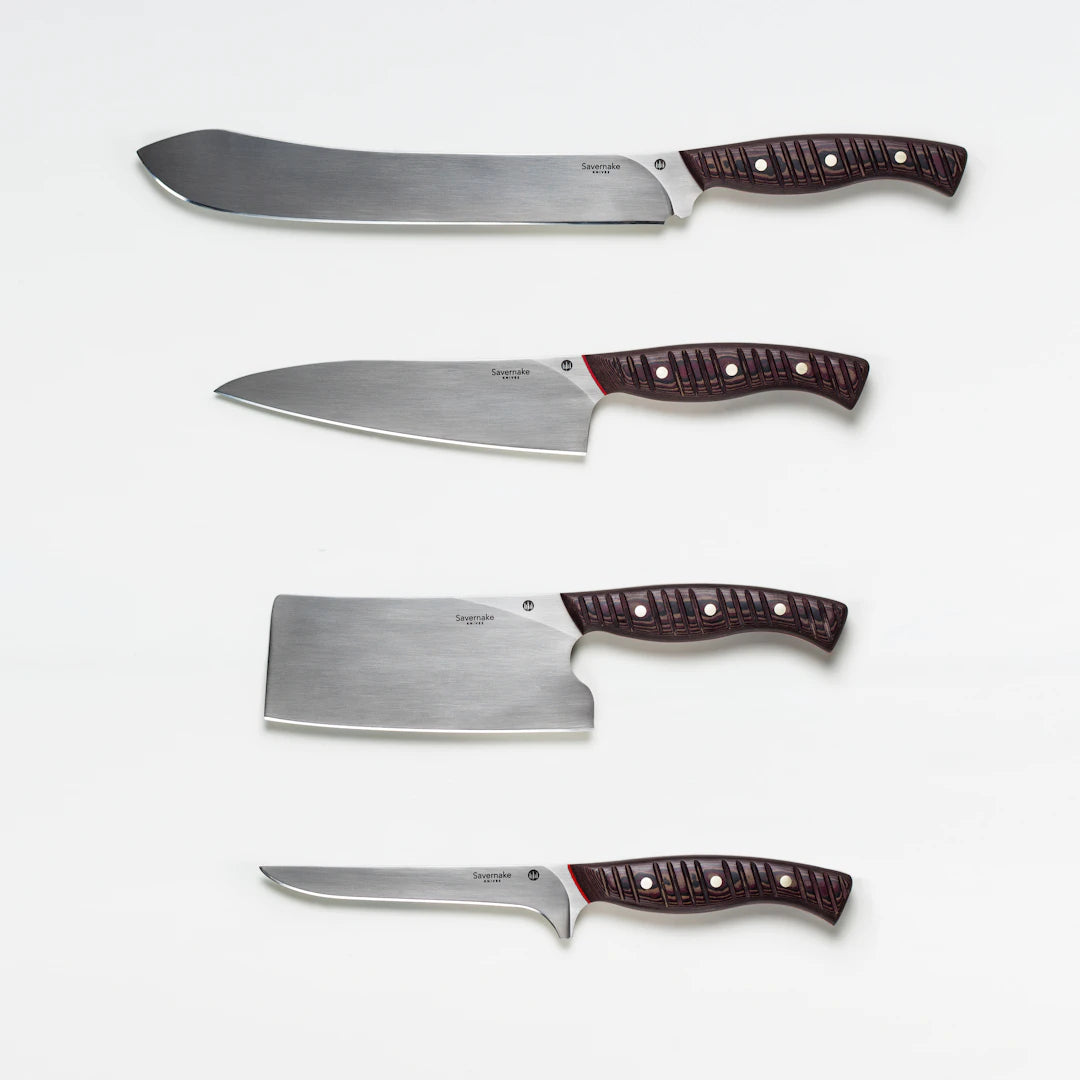


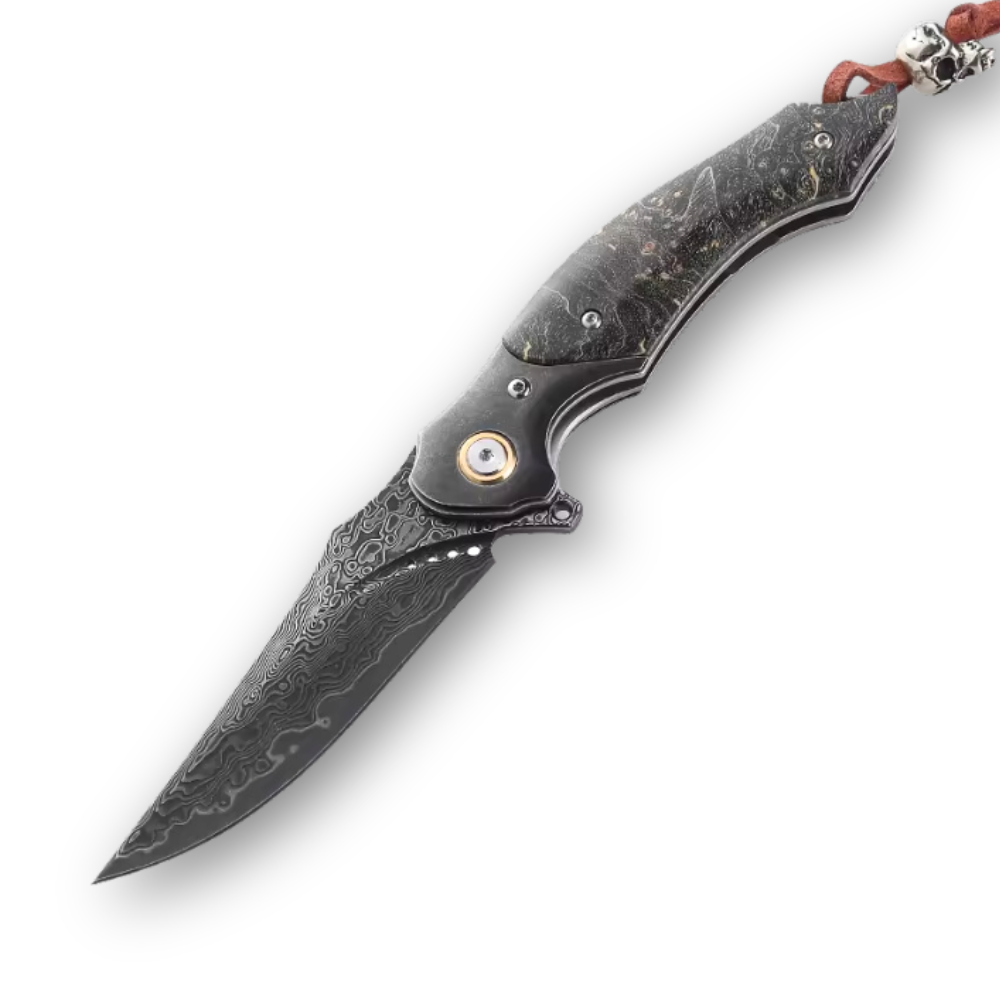

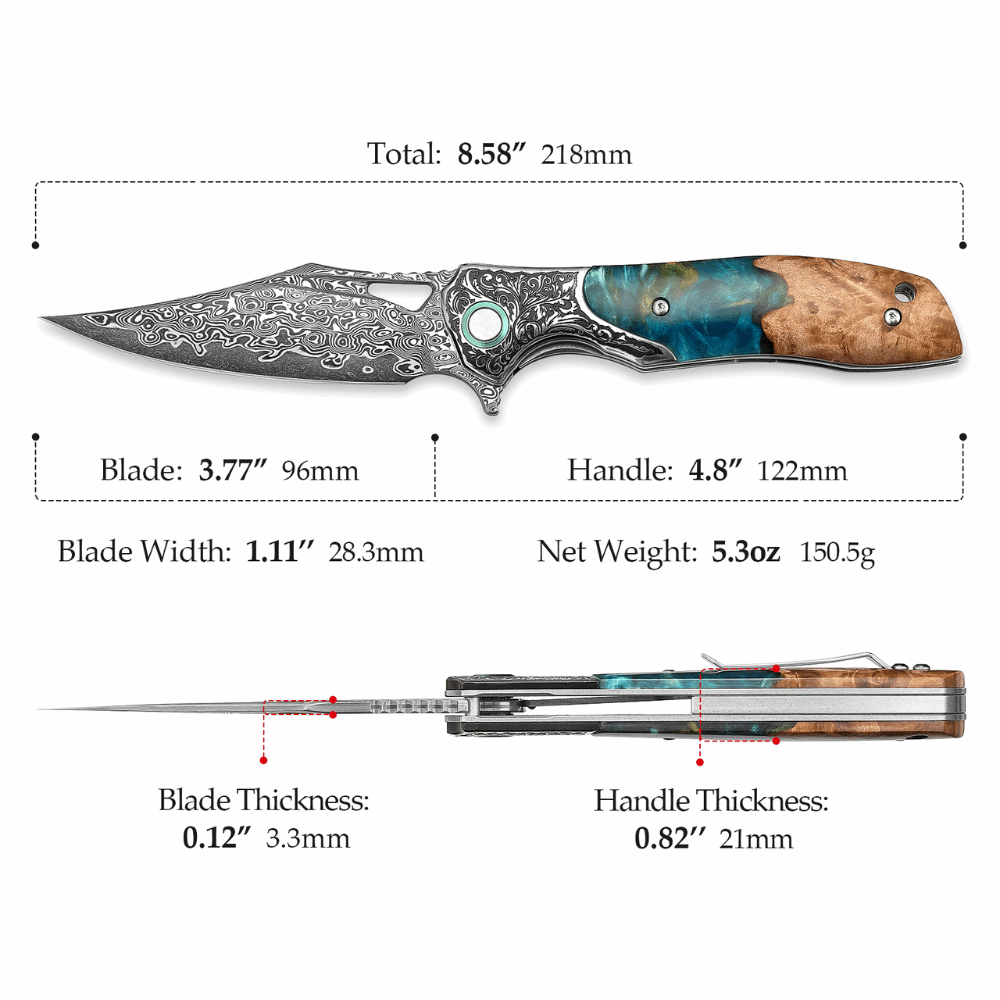


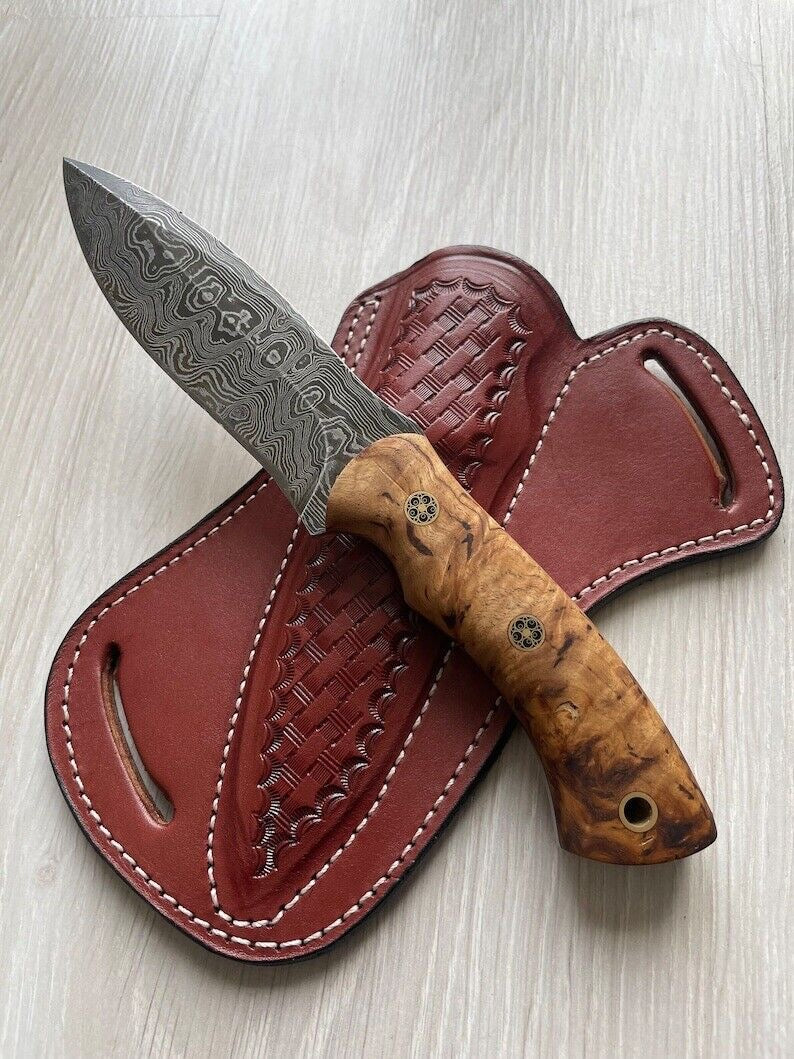

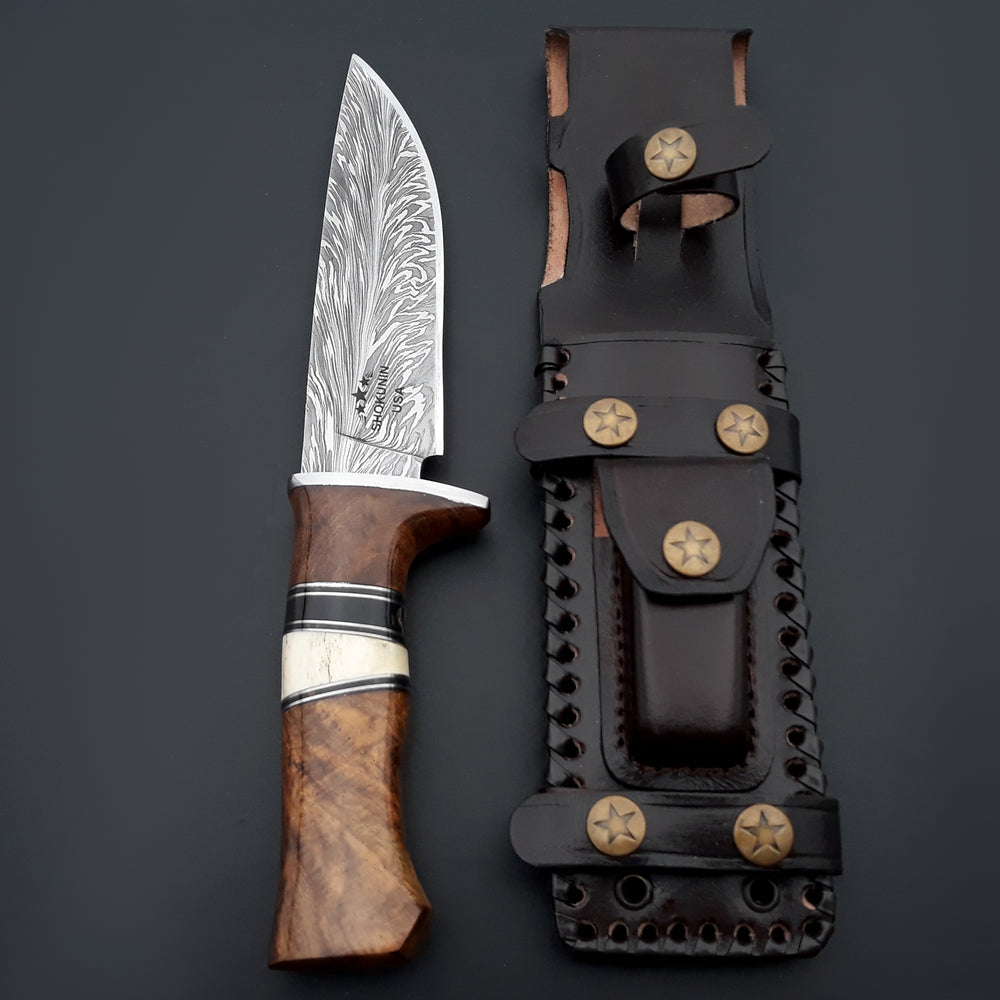
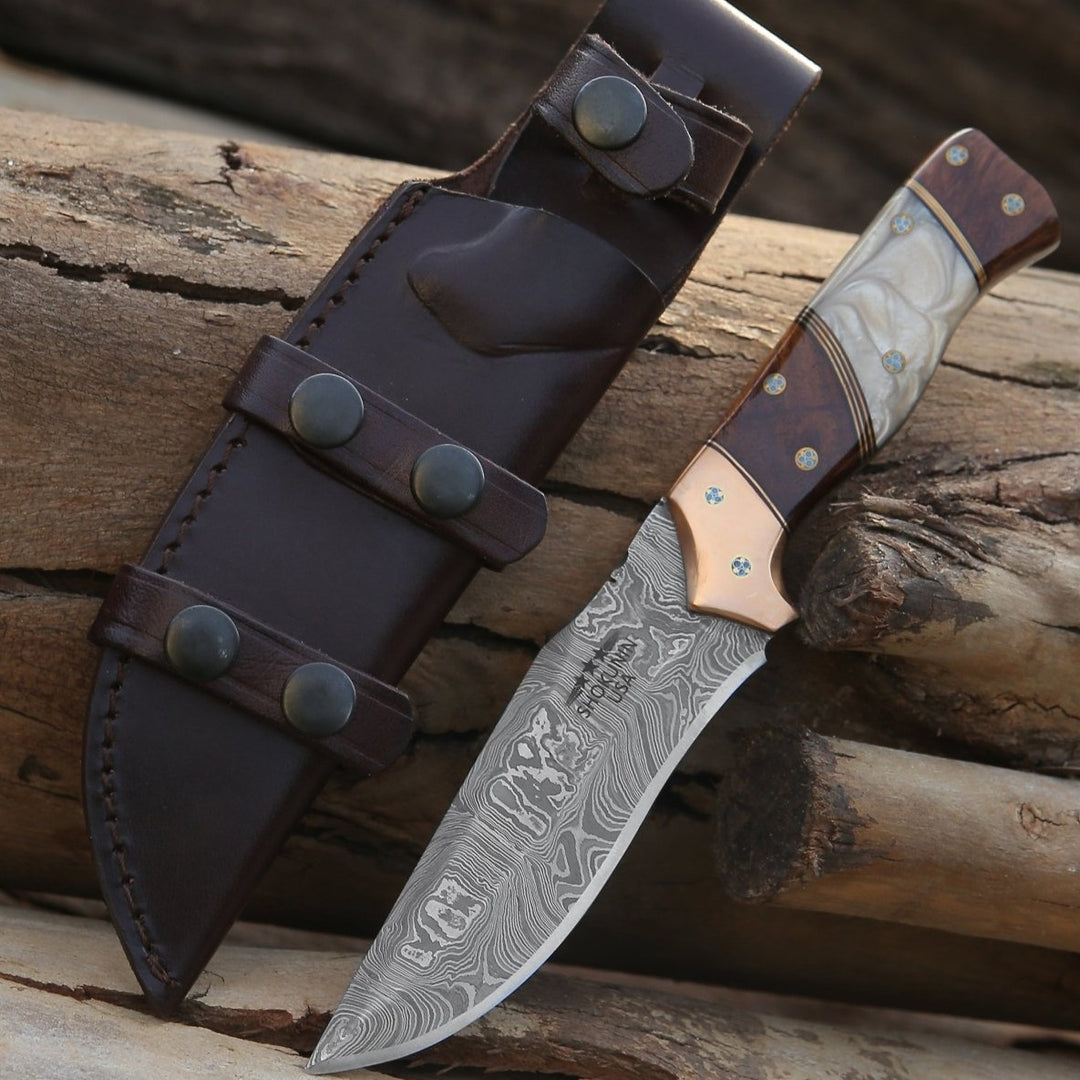
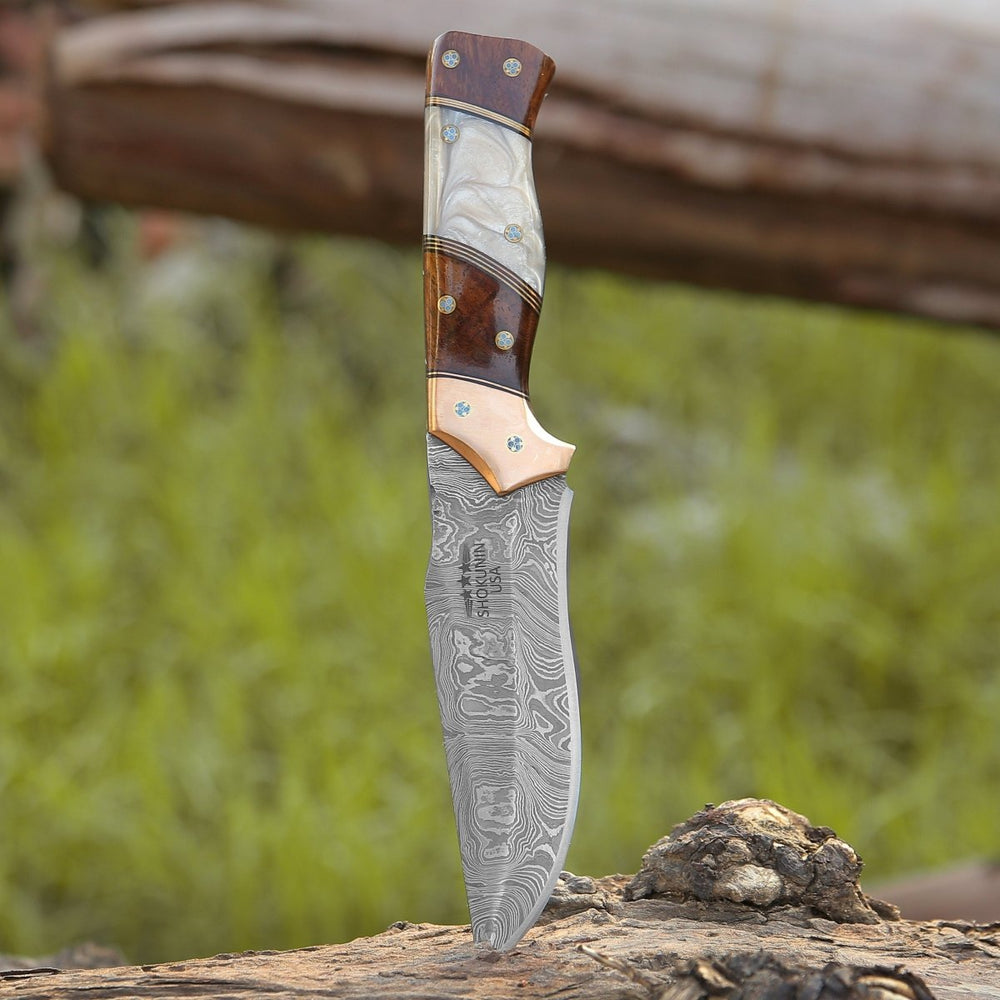
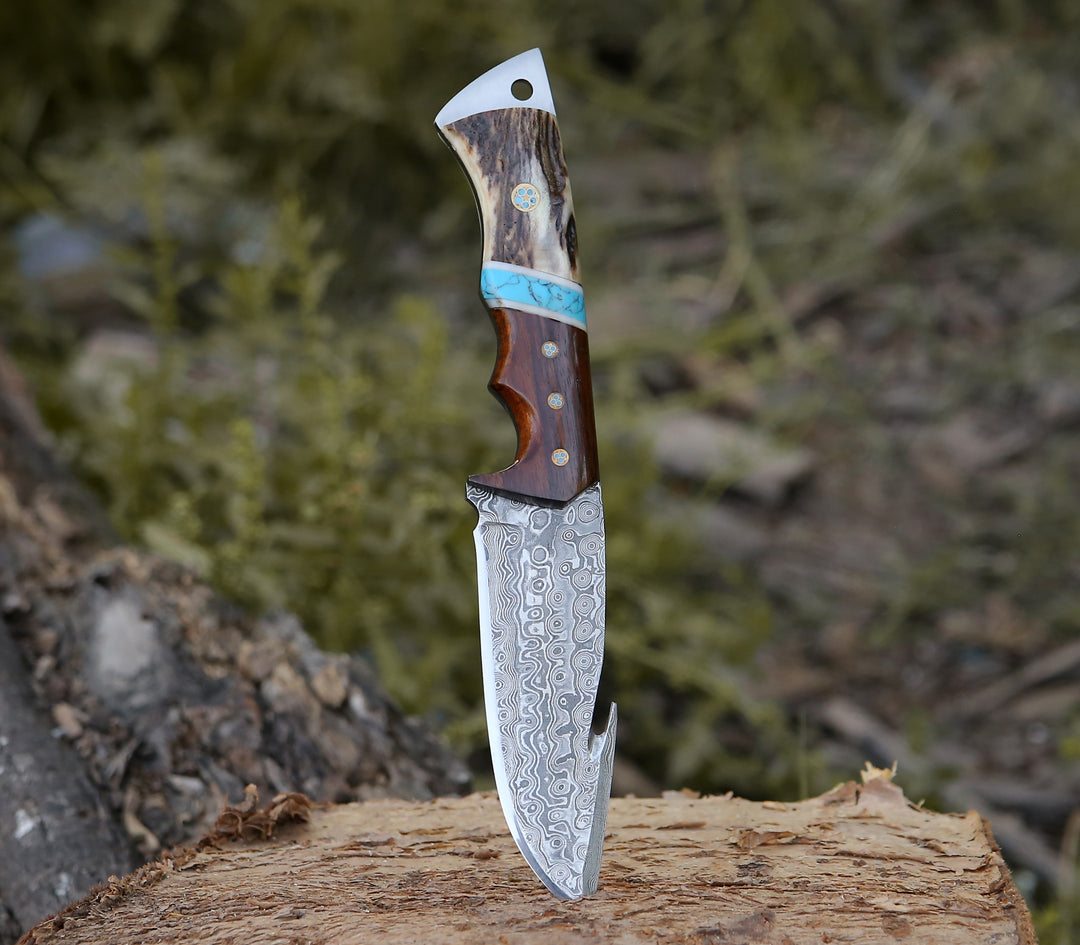

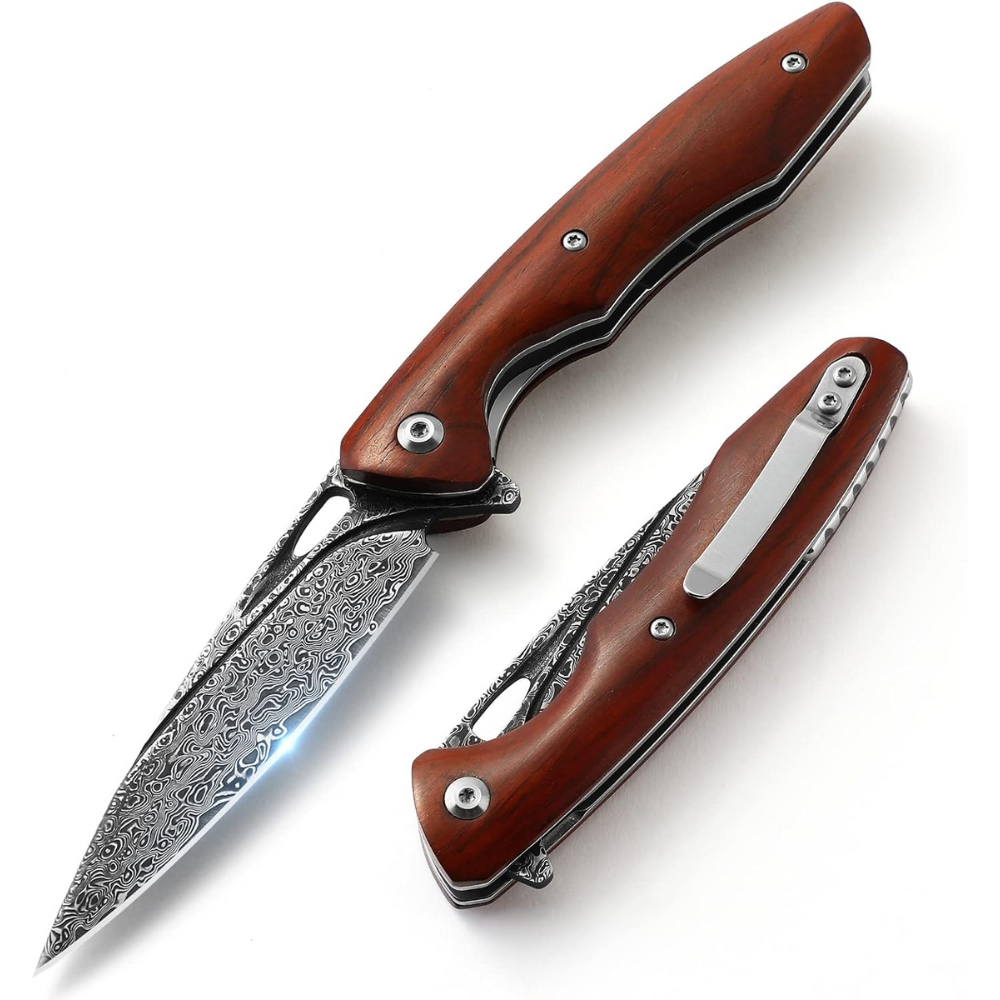

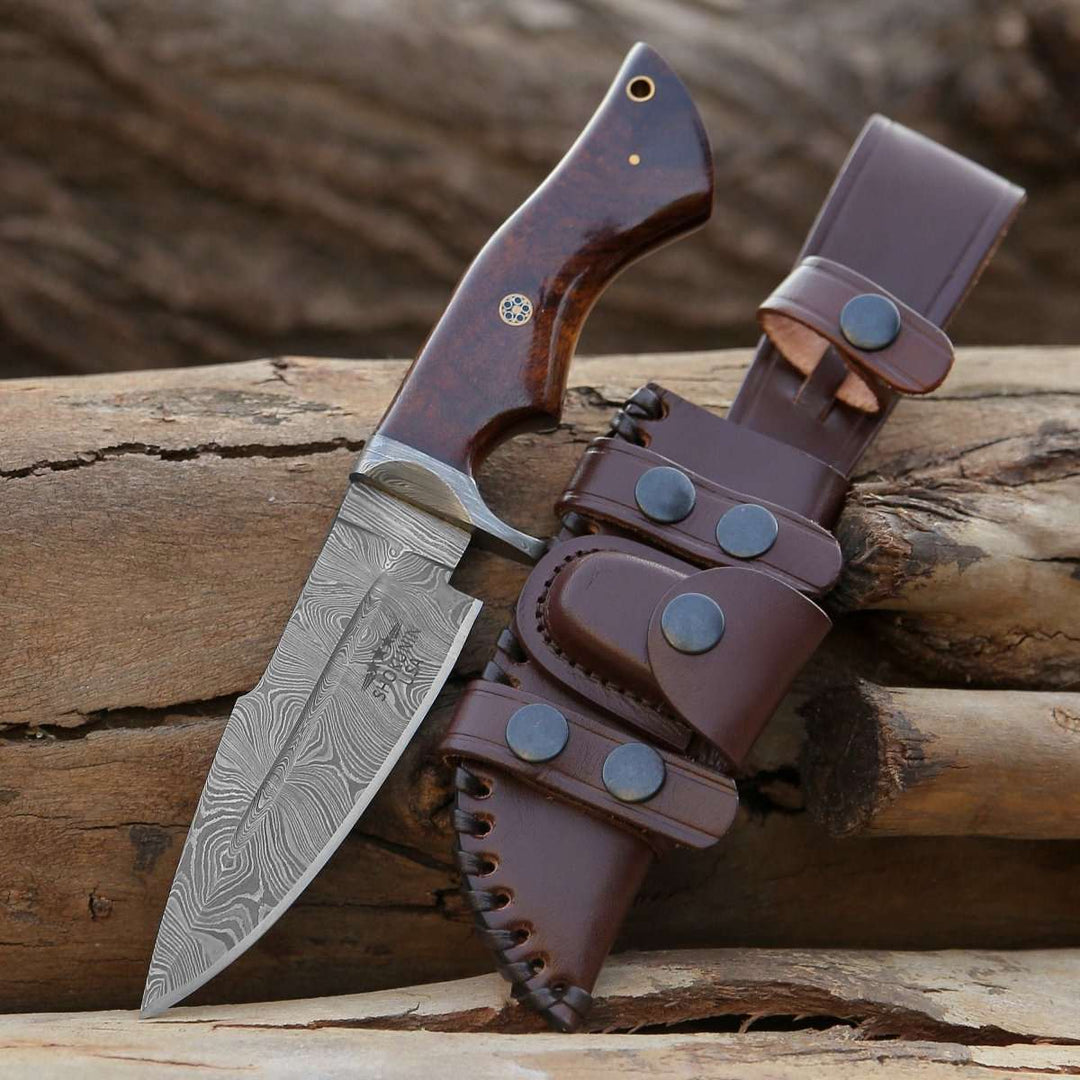

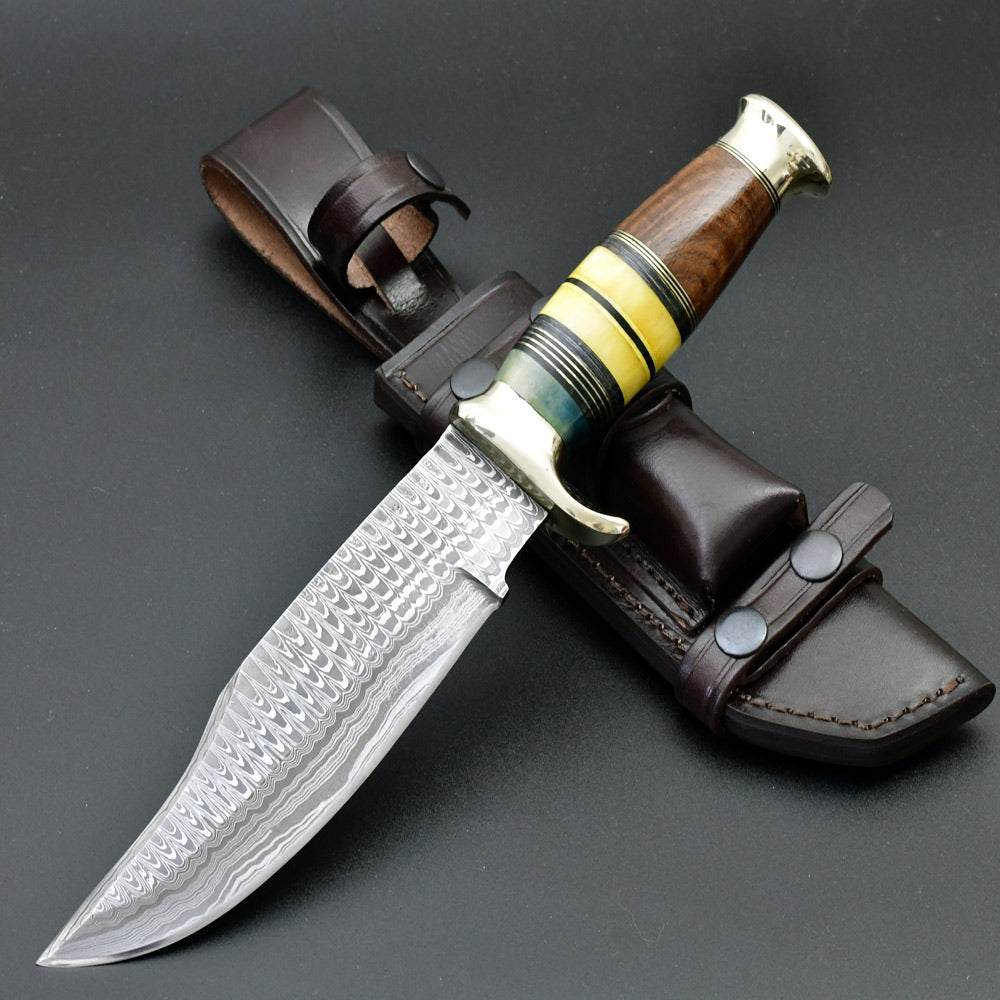
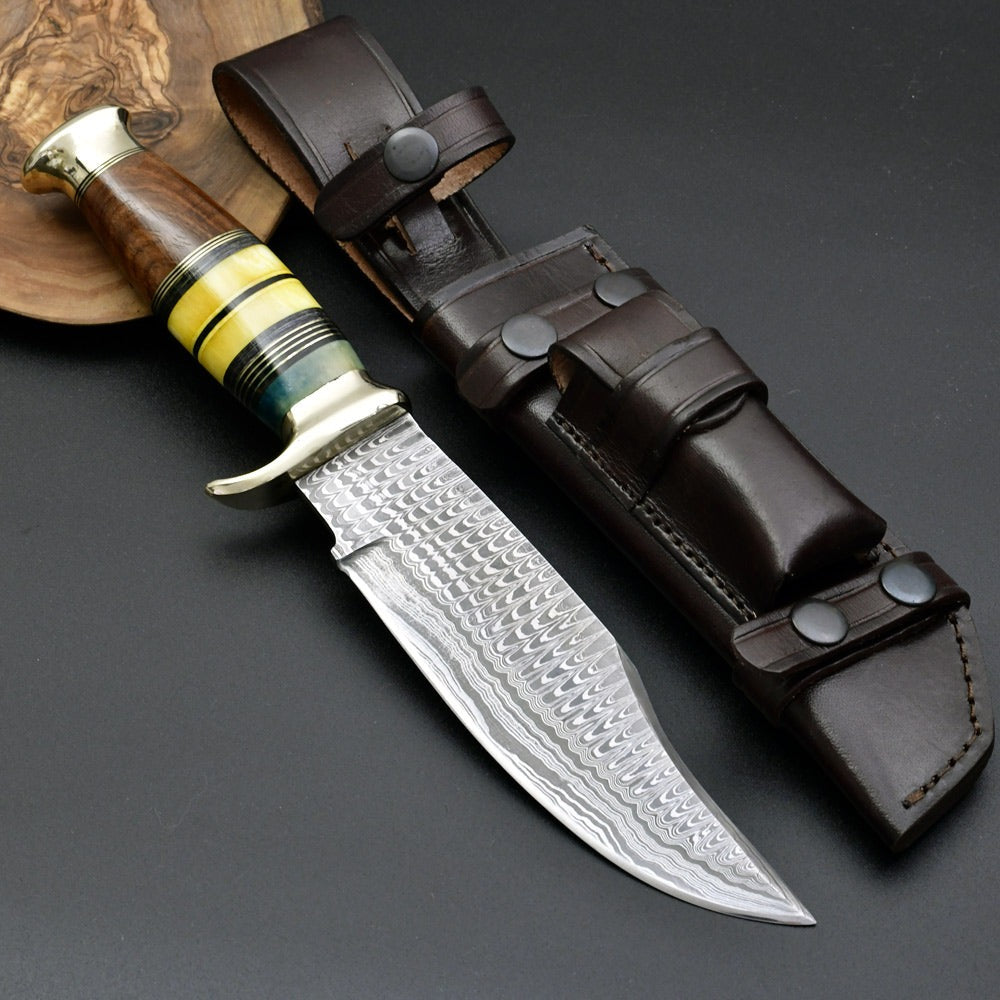
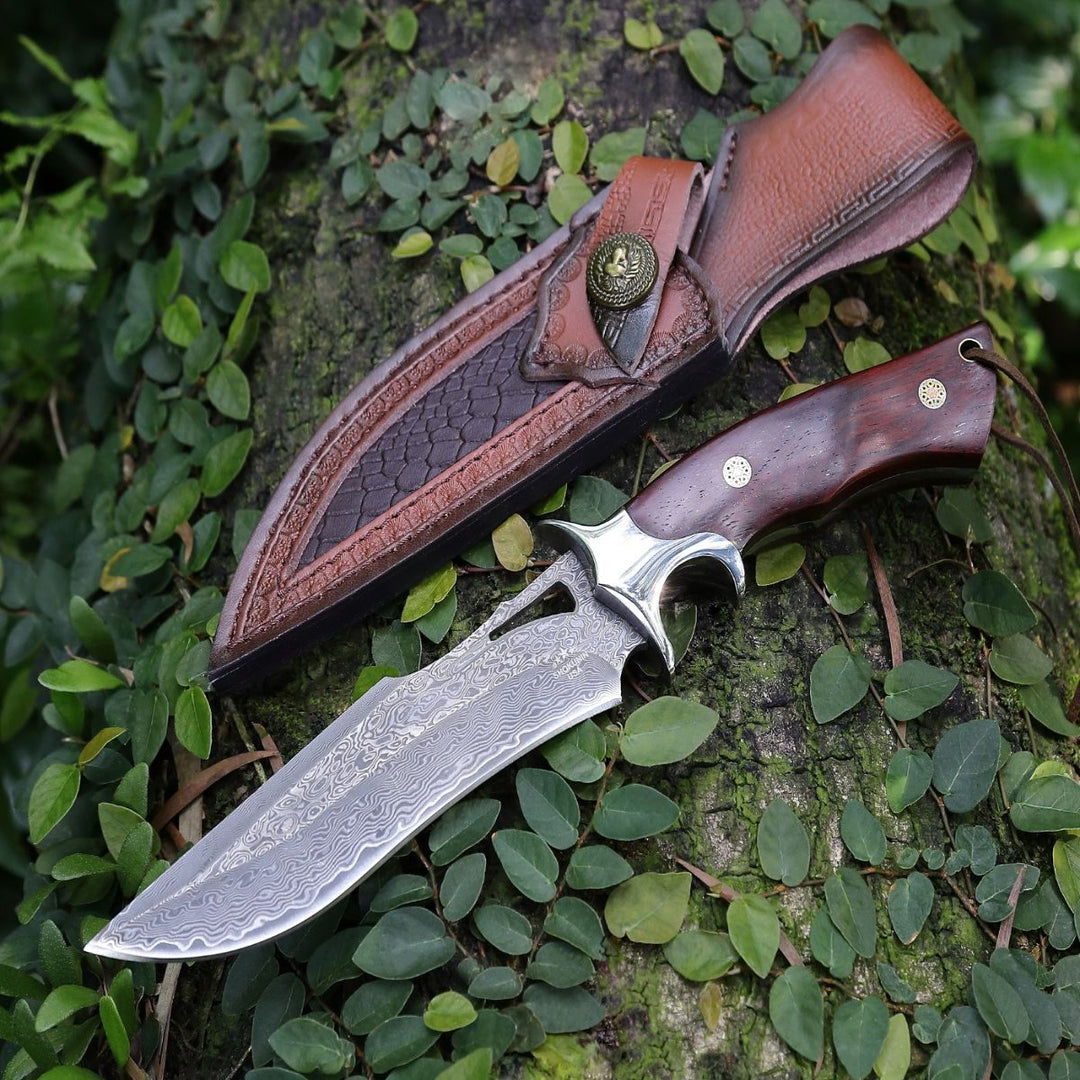
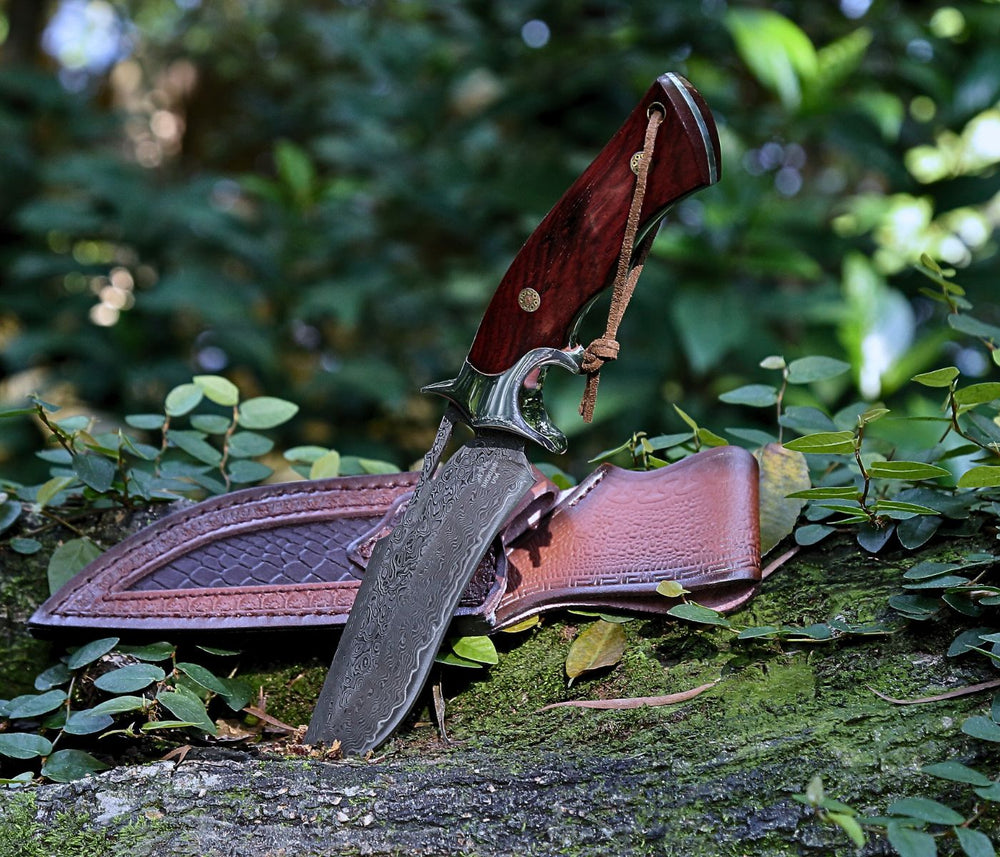


Leave a comment